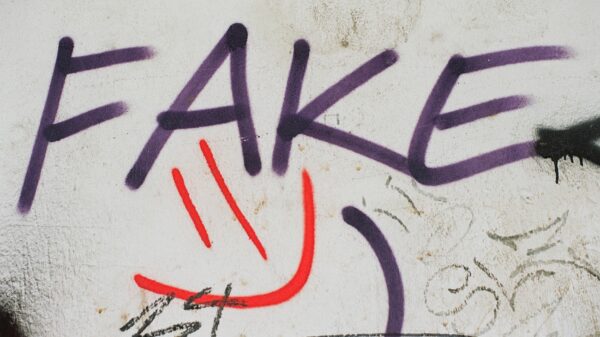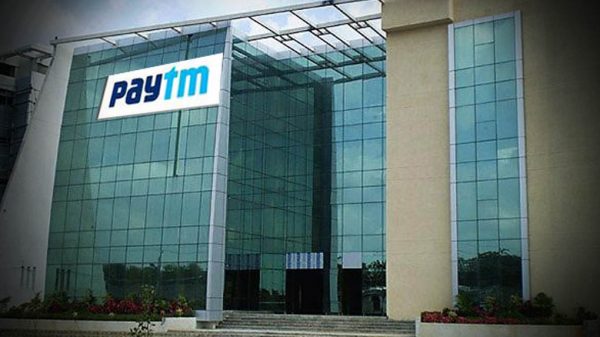"There are several points of entrance for deepfakes and verified data to penetrate the strategic stability relations between nuclear states," said a panelist at a recently held event organised by the United Nations Institute for Disarmament Research to discuss the implications of deepfakes on international security and stability, how to counter deepfake technologies, and other governance issues. In times of crisis, fabricated media can contribute to the escalation of events leading to violence. This is why it’s important to discuss the problems posed by deepfakes and the solutions adopted by different stakeholders in order to counter them. The following panelists from the fields of international security and artificial intelligence spoke about the implications of deepfakes and proposed solutions as well. Anita Hazenberg, Director of Innovation Directorate at Interpol Alexi Drew, senior analyst at RAND, Europe Valeria Solis, Director for Drugs and Cybersecurity at the Secretariat of Foreign Affairs of Mexico Moliehi Makumane, senior Policy Advisor and South Africa Delegate to UN OEWG and UN GGE Saifuddin Ahmad, Assistant Professor at Nanyang Technological University in Singapore Petr Topychkanoc, senior researcher at SIPRI Implications of Deepfakes Affects stable relations between nuclear states and non-nuclear-weapon states: "There are several points of entrance for deepfakes and verified data to penetrate the strategic stability relations between nuclear states. Potential deepfakes related to a growing threat of nuclear use against non-nuclear-weapon states can provoke significant changes and decisions, including decisions to protect themselves with the help of nuclear-armed allies. It can also provoke sharing intelligence data for assessment…





























